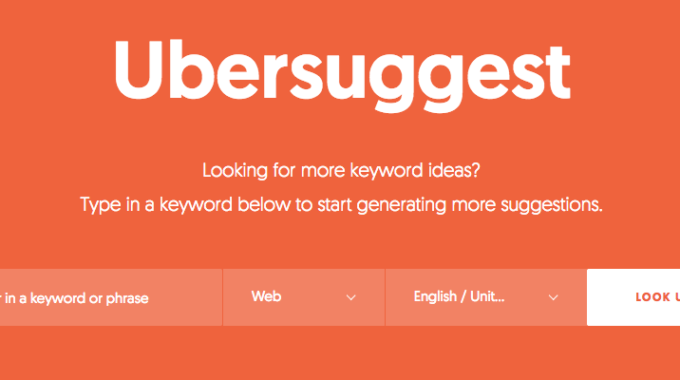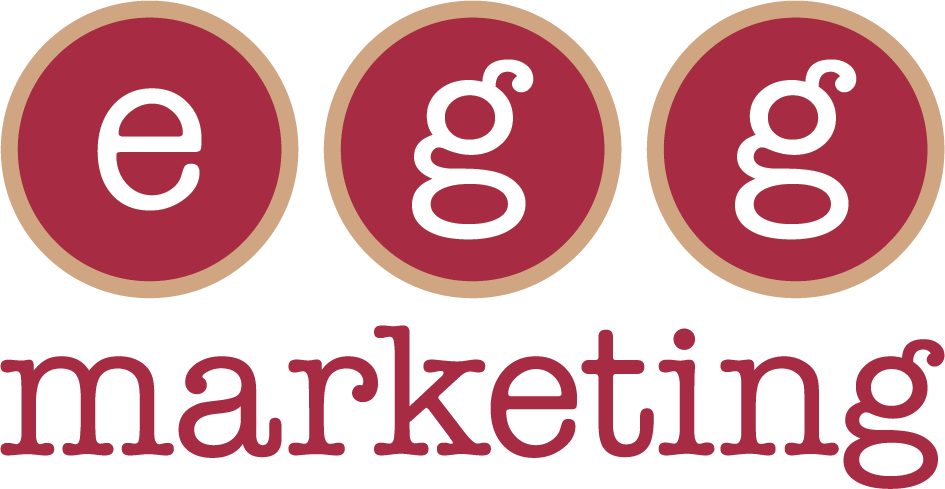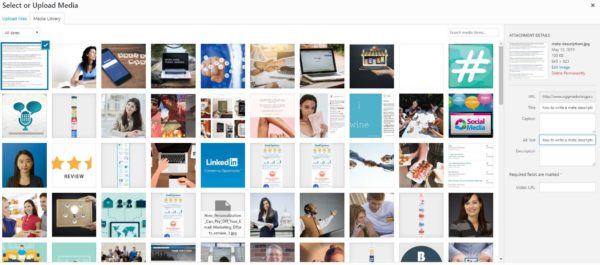
Keyword Research Right Now: Where to Go
There’s a well-loved myth out there that if you write extremely well, that’s all you need to rank high on Google. Although it’s true that quality trumps just about everything in content marketing, the truth is, you still must have a solid strategy behind what you’re writing in order for you to show up and get eyeballs on your work. Part of that solid strategy is undoubtedly keyword research.
Without question, there are a wealth of keyword research tools available to you. Which ones should you use and which ones will give you the type of results you need? Here are three keyword research tools I love for your content marketing strategy.
1. Google’s New Keyword Planner
When it comes to keyword research, I like to go straight to the source. It’s hard to beat Google’s data and suggestions for keywords because they’re the ones who run the algorithms that decide your ranking.
A few weeks ago, Google popped into my inbox letting me know about their new Keyword Planner. I’ve been waiting for another upgrade to this powerful tool for months now and it appears it’s here.
In the past, you’ve been able to type in a keyword and get a list of suggestions. That benefit hasn’t changed. But now, you can take this research a step further and get forecasts and historical metrics for your keywords.
Forecasts for the term “road trips”
That’s important because it shows you average monthly searches and competition data. You can then sort your results based on the number of clicks, impressions, or average cost per click (CPC). I find this tool especially valuable for seasonal products and understanding how various holidays affect search results.
2. Ubersuggest
Another quality free keyword research tool is Neil Patel’s Ubersuggest. The concept here is simple. Type in a keyword or phrase and hit “look up.”
I like the setup of these search results because they’re easy to digest. When you type in a term, you’ll get a list of keywords as well as the search volume, CPC, and competition – all valuable information for deciding which keywords to target in your content marketing.
You can then sort the keywords based on each of the categories. For example, if you want to go for the keywords with higher search volume, hit the arrows and it’ll sort them for you.
This tool does a great job of giving you long tail keywords too. Instead of going for highly competitive shorter keywords, you can drill down and find longer keyword strings to use in your content, making it easier and faster for you to rank. And really, doesn’t that sound like the goal of almost every content marketer?
3. Keyword Tool
We’re living in an era where people are using their voice to search more and more. This means that the way we infuse keywords has to change because the way people are searching has changed. Instead of typing in a clunky list of phrases, many searchers are asking questions. That’s where Keyword Tool comes in handy.
Keyword Tool has a function that lets you filter keywords by questions, showing you what people are asking about topics related to your industry.
Not only does this open the door to more content marketing ideas, but it also gives you a better idea of what people are asking when they talk to Siri, Google, or Alexa. Who knew that so many people were curious about whether hamsters and rabbits could go on road trips? Although it’s a silly example, it demonstrates the type of questions you’ll see based on your keyword and those can lend themselves to a variety of content topics ideas. Answering these questions in your content can help you appear higher in the search results and make you look more like a subject matter expert.
Keyword Research is Changing
Search has changed and to keep up, you must switch up your keyword research approach too. There isn’t a shortage of keyword research tools out there these days. What is your favorite tool and why? Share with us in the comments or tweet me @savvycopywriters.



